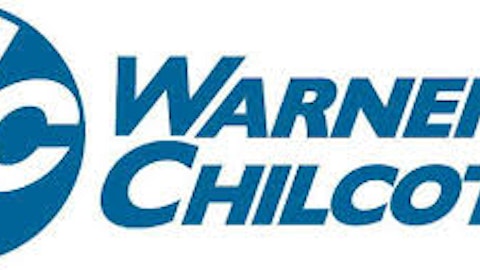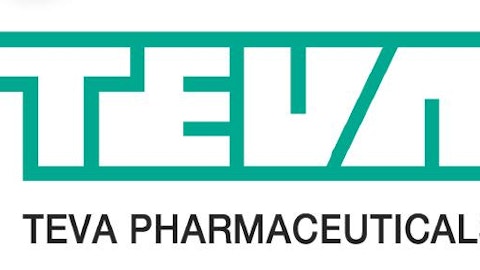In FY2012, Teva generated somewhat lackluster results, with increases in revenues and adjusted operating income of 11.0% and 8.8%, respectively, versus the prior year. The company’s sales growth was helped by gains in its specialty drug business, primarily due to the Cephalon acquisition, as well as a solid increase in its large pharmaceutical ingredients unit. However, Teva’s generic segment reported fairly flat results, which was a consequence of management’s decision not to bid on contracts in certain ultra-competitive markets.
Putting the elephant gun away
Given that Actavis and Teva are seeking growth in the specialty drug arena, Valeant’s purchase of a generic drug giant would seem to be ill-advised, except at rock-bottom prices. While Valeant’s management seems intent on completing another mega acquisition, its best bet may be to focus on its current operations. It also has unfinished business on the integration of its recent acquisitions, including its recent purchase of Obagi Medical, a niche provider of topical dermatology products.
In FY2012, Valeant generated sales growth of 44%, with over 90% of that growth coming from acquisitions completed in 2011 and 2012. While the company’s neurology segment was hurt by declining sales of its Wellbutrin XL depression drug, due to generic competition, Valeant offset this result with strong gains in its dermatology and over-the-counter franchises. In addition, the company continued to generate positive effects from its 2011 iNova acquisition, which added key market exposure in the Asia-Pacific and Sub-Saharan Africa regions. Looking ahead, Valeant expects at least $275 million in 2012 operating synergies from its recent acquisitions, which should provide essential cash flow to improve its financial profile.
The bottom line
As Valeant has grown larger over the years, its management’s ambitions seem to have also risen with a similar trajectory. Much like junk bond financing in the 1980’s, the current low-interest rate environment is creating perverse incentives for companies to complete acquisitions with questionable economics. When interest rates eventually rise, under-capitalized companies will feel the brunt of their free-wheeling decisions. Given constant changes in drug reimbursement policies, especially in the government sector, investors would be well advised to take a wait-and-see approach with these leveraged drug leaders.
The article Sticking With a Winning Strategy originally appeared on Fool.com.
Robert Hanley has no position in any stocks mentioned. The Motley Fool has no position in any of the stocks mentioned. Robert is a member of The Motley Fool Blog Network — entries represent the personal opinion of the blogger and are not formally edited.
Copyright © 1995 – 2013 The Motley Fool, LLC. All rights reserved. The Motley Fool has a disclosure policy.


